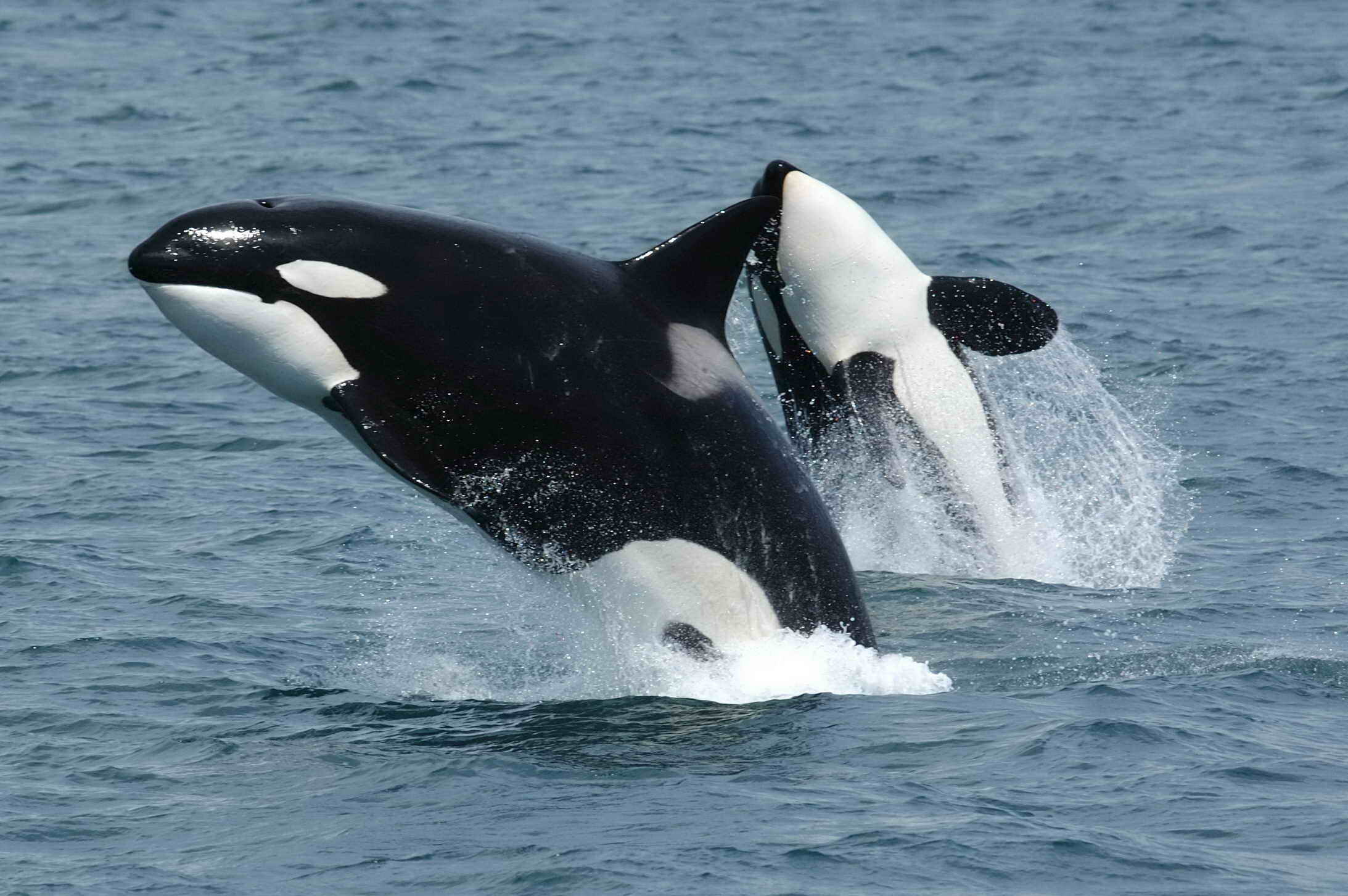Newest Posts

HOW HARD CAN IT BE TO FIND A WHALE?
Despite their incredible size and widespread adoration by the general public, surprisingly little is known about the behavior and distribution of many cetaceans (whales, dolphins, and porpoises). From acoustic tracking to electronic tagging technologies, new approaches are laying the groundwork for more effective study and conservation of cetaceans.

GOING WITH THE FLOW
Marine animals face a lot of potential issues when swimming through the water. One wrong turn, and you could end up as someone else’s next meal. Not turning enough could result in bumping into a lot of things. But there is one important feature found everywhere that they have to face almost all the time, and this feature is rarely seen – vortices.

TURNING UP THE HEAT ON OCEAN PARASITES: SINK OR SWIM?
If someone asks you what the most common life strategy on earth is, you might be surprised by the answer. It turns out that some 40% of known species on our planet are parasites. Parasites are organisms that spend at least some part of their life on or in a host species, at that host’s prolonged expense or eventual death. Rarely inspiring respect, parasites are more commonly considered scoundrels and degenerates, exploiting other species in order take the easiest route to reproductive bliss. But there is nothing easy about being a parasite. Many parasites have complex transmission, requiring successive infection of multiple different hosts in order to complete their lifecycle. In fact, that parasitism is so successful in the face of such complexity is a testament to the strategy’s evolutionary elegance. But how will this elegant life strategy hold up to accelerating climate change?

TINY FINS MAKING A BIG SPLASH
Across the global ocean, billions of small animals undergo a daily commute of hundreds of feet between their daytime habitat in the ocean depths and their nighttime feeding grounds just below the surface of the water. This may not sound impressive compared to the thousands of miles covered during the migrations of whales or birds, but when considered collectively, the migration of these tiny animals blows all other animal migrations out of the water.
